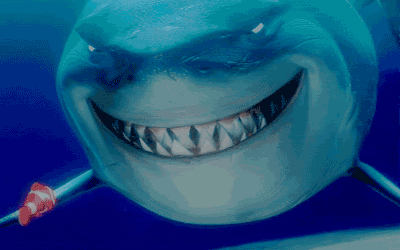What do you think?
Rate this book


368 pages, Hardcover
First published May 6, 1974















A terrible, painful sadness clutched at Ellen. More than ever before, she felt that her life - the best part of it, at least, the part that was fresh and fun - was behind her. Recognizing the sensation made her feel guilty, for she read it as proof that she was an unsatisfactory mother, an unsatisfied wife. She hated her life, and hated herself for hating it.


Four to midnight was the trouble shift, when the young studs from the Hamptons would flock to the Randy Bear and get involved in a fight or simply get so drunk that they became a menace on the roads; when, very rarely, a couple of predators from Queens would lurk in the dark side streets and mug passerby…

 come to my blog!
come to my blog!
These were not Aquarians. They uttered none of the platitudes of peace or pollution, of justice or revolt. Privilege had been bred into them with genetic certainty. As their eyes were blue or brown, so their tastes and consciences were determined by other generations. They had no vitamin deficiencies, no sickle-cell anemia. Their teeth – thanks either to breeding or orthodontia – were straight and white and even. Their bodies were lean, their muscles toned by boxing lessons at age nine, riding lessons at twelve, and tennis lessons ever since. They had no body odor. When they sweated, the girls smelled faintly of perfume; the boys smelled simply clean.









"This is Matt Hooper, Chief Brody."
The two men shook hands [Brody and Hooper]. "You're the fellow from Woods Hole," Brody said, trying to get a good look at himin the fading light. He was young--mid-twenties, Brody thought--and handsome: tanned, hair bleached by the sun. He was as tall as Brody, an inch over six feet, but leaner: Brody guessed 170 pounds, compared to his own 200.





